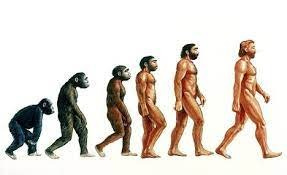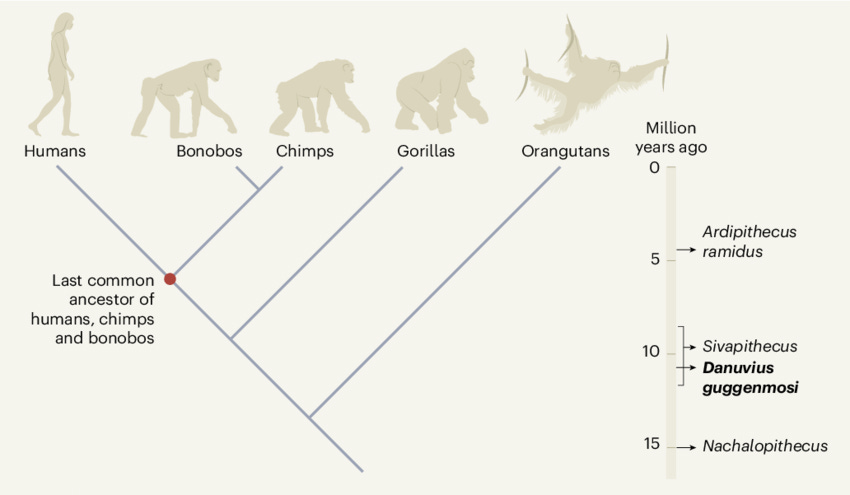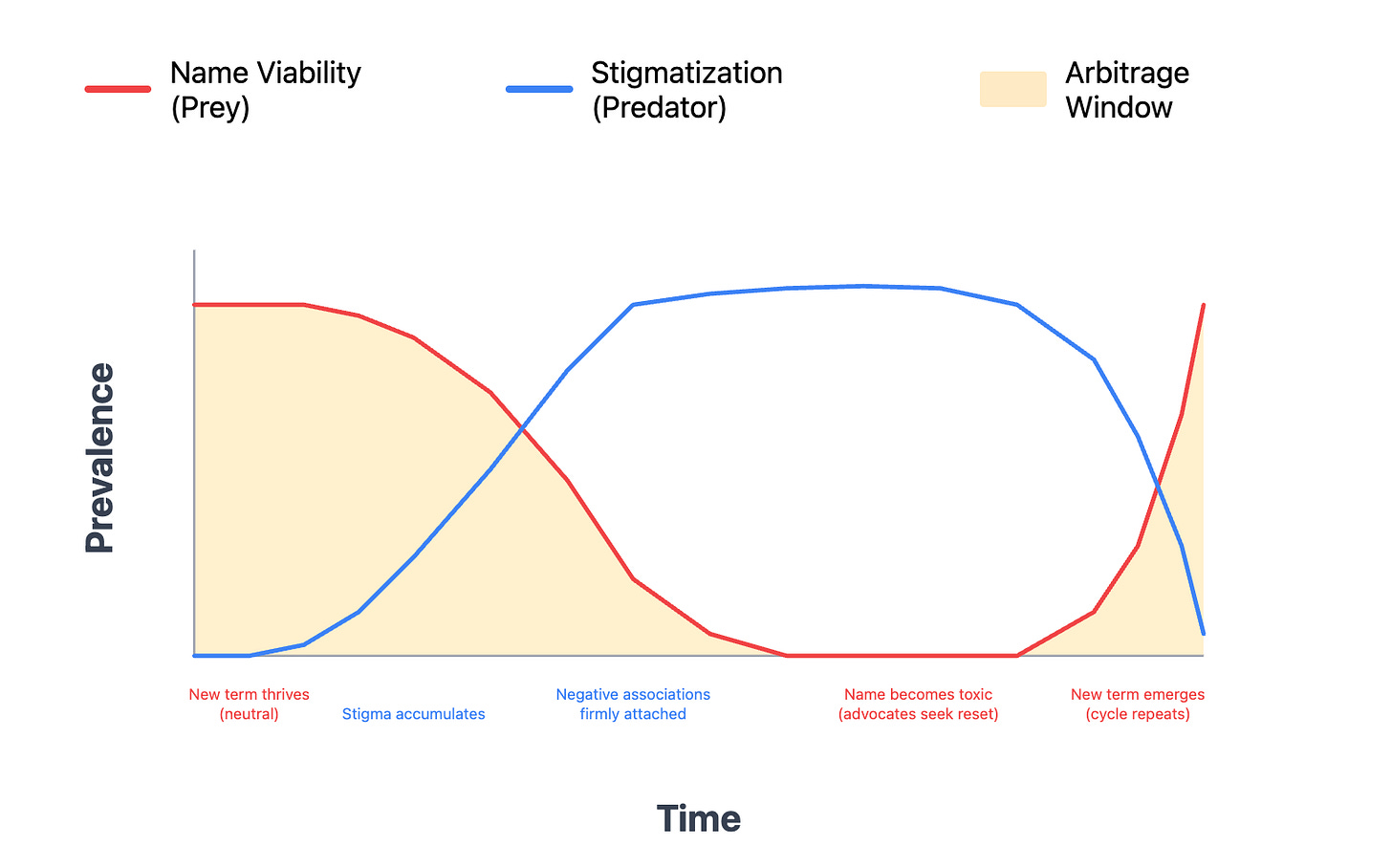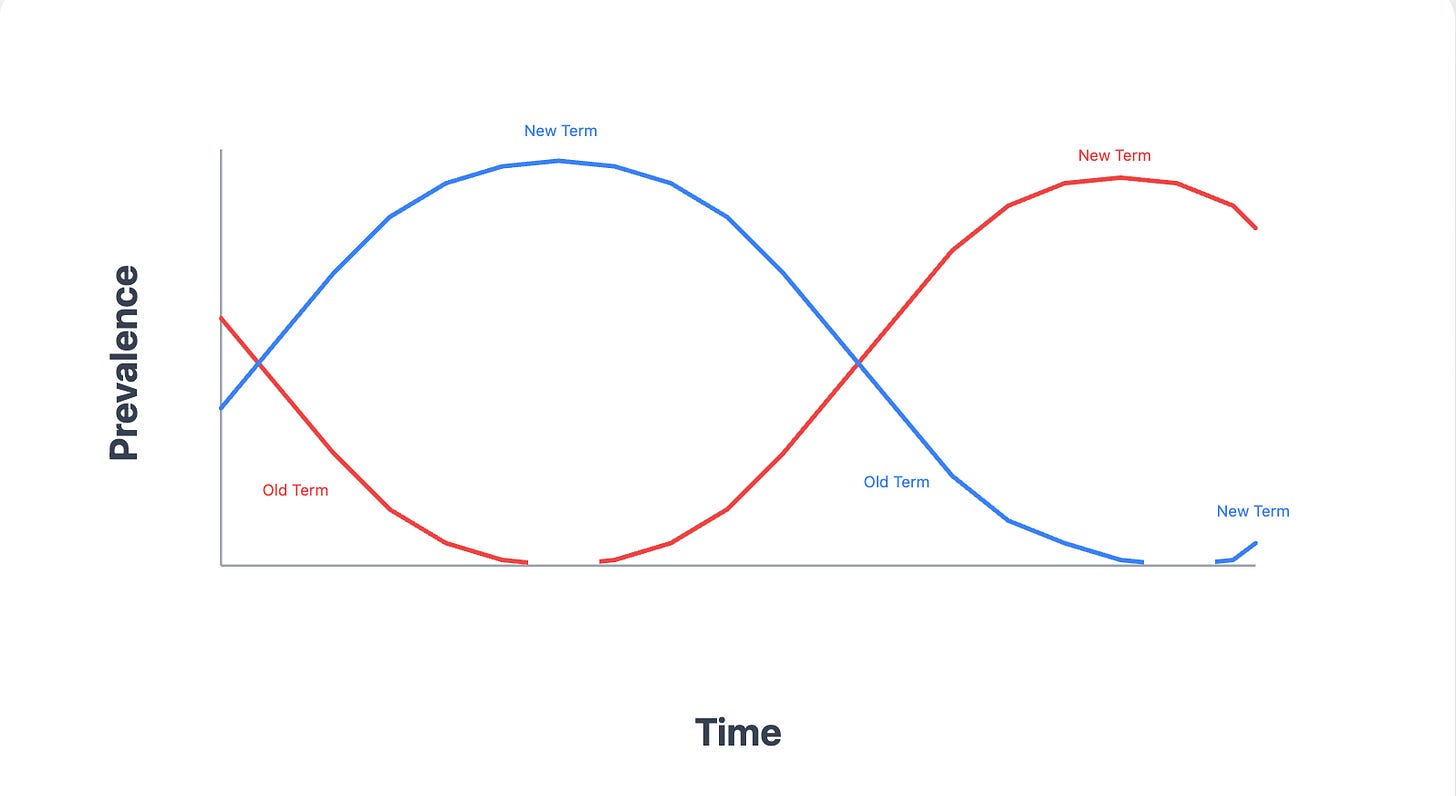Why Kind Words Don't Last
Arms Races
Why do “kind” words never last?
Every few years, we coin a new name for the same old thing. “Homeless”. “Unhoused”. “Person experiencing homelessness”. Each arrives fresh and clean, only to decay shortly after. What gives?
It happens because two sets of preferences are at odds:
Advocacy groups want neutral, humane language that invites closeness to the underlying phenomenon;
The public wants distance.
That tension creates an endless race. Advocates find and popularise a new neutral term. Over time, it absorbs the same stigma it was meant to escape. Eventually it comes to feel as dirty as the term it came into existence to substitute, and a fresh new name is necessary.
This endless race creates the selection pressure that keeps names evolving.
And I mean that technically.
The Naming Arms Race
First, to dispel a common misunderstanding: “evolve” doesn’t mean “progress” but, rather, “adaptation”. Adaptation through heredity, variation, and selection.
Not that, but this.
That’s not how most names change. Most change through random drift due to use. But others evolve as the consequence of an arms race between different forces. In our example above, those two forces would be:
The Name — a new name, with its temporary neutrality and viability; and
The Stigma — the accumulation of old negative associations on it.
It’s as if the name were the prey, and stigma the predator. Except stigma doesn’t chase the name as much as it is attached to its tail: the name points to the stigmatised referent. Can’t point at the referent without also pointing at the stigma. Not forever, anyway.
But for a little while? Sure. That’s why when advocates successfully introduce a new neutral term, they temporarily open an arbitrage window: the new term circulates stigma-free, allowing discussion of the underlying phenomenon. This period, before stigma returns, can buy just enough time to shift public policy or public consciousness. But the public is fooled only temporarily—eventually common knowledge reasserts itself about what the new term means and, within months to years, all the old associations reattach themselves to the fresh label.
This arms race—between prey and predator, new name and old stigma— generates real evolutionary dynamics:
Heredity: each new term “inherits” the same referent as its predecessor, creating a lineage of labels for the same reality;
Variation: advocates coin new words as old ones saturate with stigma; and
Selection: opposing social forces decide which survive, and for how long.
To go back to our original question: kind words never last because they’re just one move in an arms race that is endless. And that race—between fresh names shedding old stigma, and old stigma latching on again—never ends because the social reality beneath it never changes: the public still wants distance while advocates still push for closeness.
Until that changes, there can be no end and no final victory for either side. The process will remain endless: every few years, we’ll coin a new kind word; and, shortly after, it’ll die.



